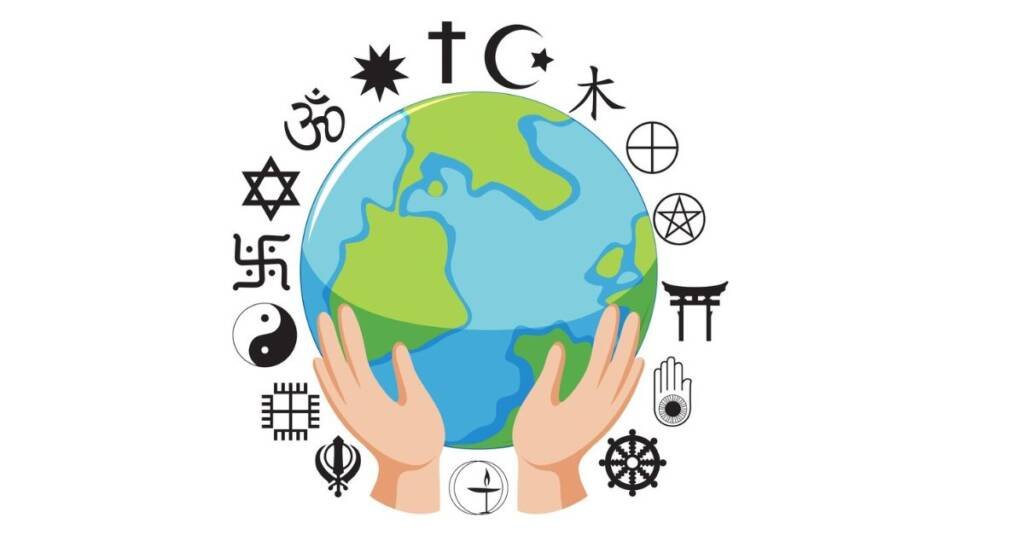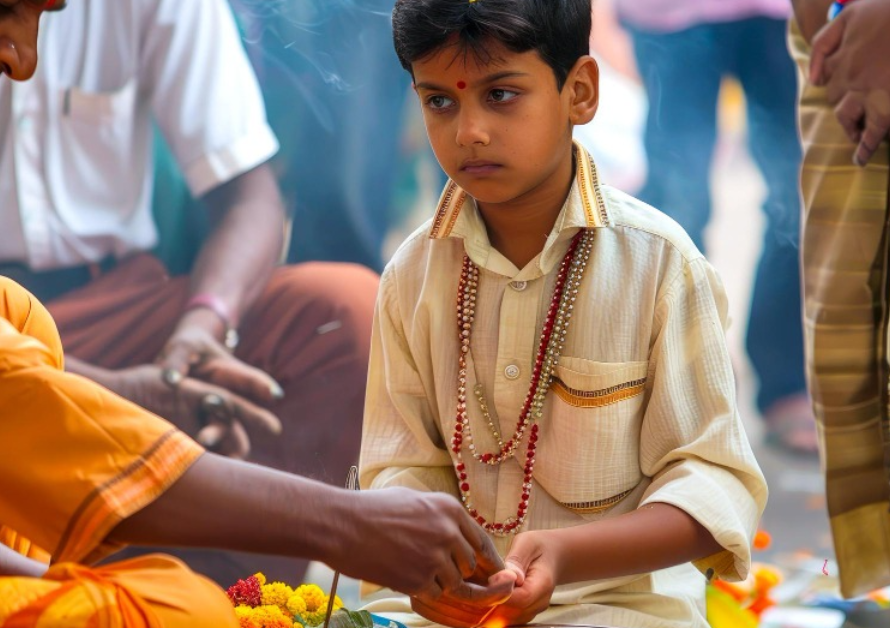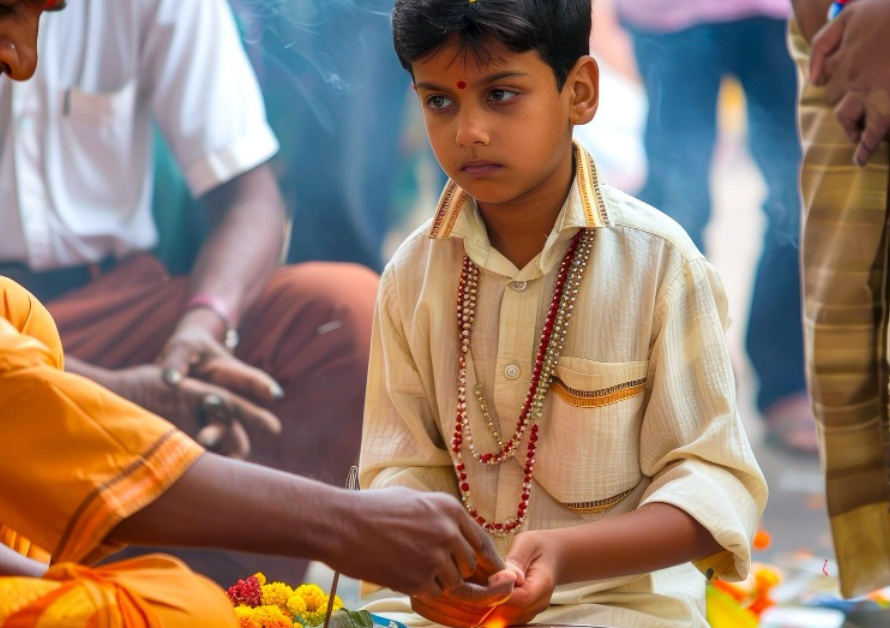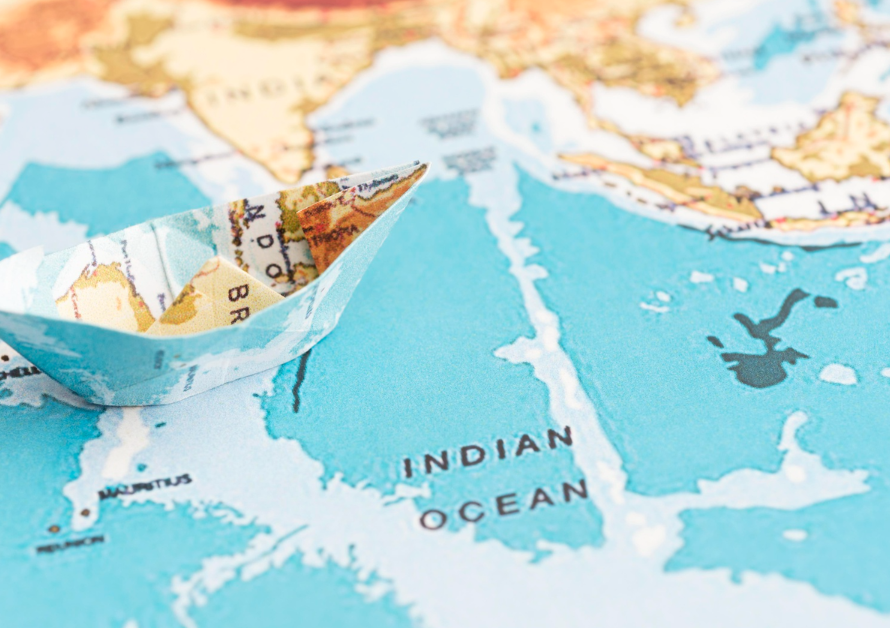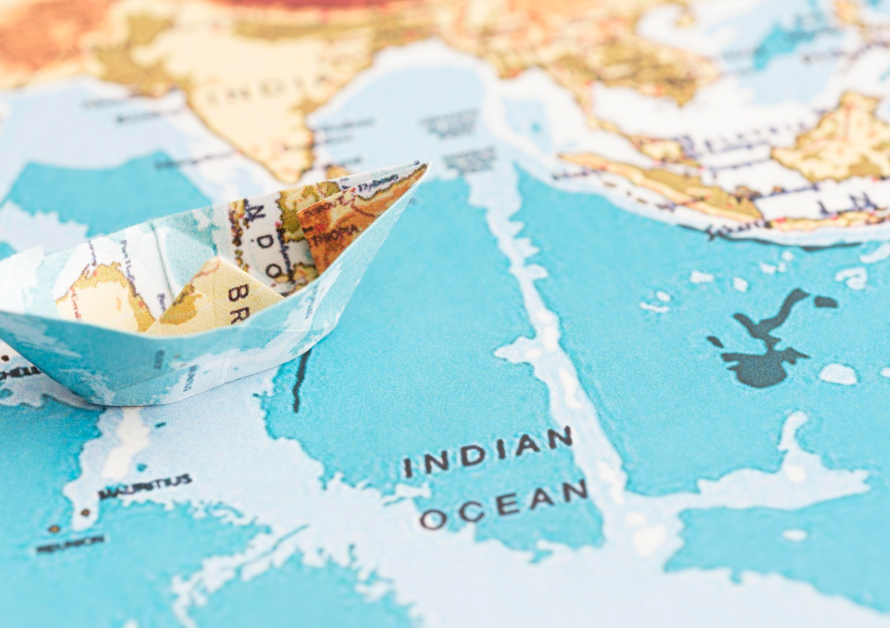Sanatana Dharma is not just a religious tradition but a universal philosophy that offers solutions to global issues like conflicts, extremism, environmental destruction, and moral decay. Its principles of Dharma (righteousness), Ahimsa (non-violence), Vasudhaiva Kutumbakam (world as one family), and Karma (cause and effect) provide a spiritual and ethical framework that can guide nations and societies toward peace, harmony, and sustainable progress.
1. Global Peace and Conflict Resolution
A. Countering Religious Extremism with Spiritual Universalism
- Sanatana Dharma does not believe in religious supremacy, forced conversions, or intolerance, unlike certain religious and ideological movements.
- Promoting Dharmic pluralism on global platforms can counter radicalization and religious conflicts by advocating for mutual respect rather than dominance.
- The world must move beyond monotheistic exclusivism to a pluralistic, Dharmic worldview where multiple paths to the Divine are accepted.
B. Diplomacy Based on Dharma
- International conflicts—whether in the Middle East, Ukraine, or Asia—can be resolved through the principles of justice, truth, and non-aggression, rather than military expansionism.
- India, as the birthplace of Sanatana Dharma, can lead a new global diplomatic movement that emphasizes mediation based on Dharma rather than political convenience.
- The Bhagavad Gita’s teachings on duty, righteous war, and justice should be studied by global leaders to ensure ethical governance.
2. A Dharmic Solution to Global Environmental Crisis
A. Re-establishing a Spiritual Connection with Nature
- Unlike Western materialist approaches, Sanatana Dharma sees nature as sacred, considering rivers as mothers, mountains as gods, and the Earth as divine.
- The world needs to shift from exploitative consumerism to a Dharmic ecological balance, recognizing that harming nature leads to disastrous karma.
- Revival of Vedic agricultural practices, organic farming, and water conservation should be promoted internationally as a sustainable model.
B. Addressing Climate Change with Vedic Wisdom
- Modern climate policies focus only on science but ignore moral responsibility.
- Sanatana Dharma offers a holistic approach, advocating for self-restraint (Tapasya), sustainable living (Aparigraha), and balance in consumption (Sattvik living).
- Protecting cows and biodiversity, banning excessive mining, and using eco-friendly Vedic technologies can provide a real alternative to Western industrial excesses.
3. Restoring Global Moral and Ethical Values
A. Countering Cultural and Moral Degradation
- Western globalization has spread consumerism, moral relativism, and degeneracy, eroding family values, spiritual discipline, and traditional wisdom.
- Sanatana Dharma re-establishes the importance of Dharma in personal life, promoting self-discipline, duty to family and society, and ethical living.
- The rise of crime, depression, and social unrest in the West is a result of a lack of spiritual purpose, which Dharmic teachings can address.
B. Spiritual Revival through Sanatana Dharma
- Yoga, meditation, and Ayurveda have already gained global popularity as healing sciences.
- However, their spiritual essence is being diluted—the West is commercializing them, removing their Dharmic roots.
- India must reclaim its intellectual and spiritual heritage, ensuring that global spiritual seekers learn authentic Sanatana Dharma, not distorted versions tailored for Western interests.
4. Strengthening the Global Hindu Identity and Influence
A. Global Hindu Unity Against Anti-Dharmic Forces
- Hindus worldwide face cultural erasure, demographic decline, and ideological attacks.
- There is a need for a cohesive global Hindu strategy, connecting Hindus across the world to protect their rights and cultural heritage.
- The Hindu diaspora must engage politically, economically, and socially to counter misrepresentation, persecution, and conversions.
B. Reclaiming the True Narrative of Sanatana Dharma
- Western academia, media, and leftist intellectuals have distorted Hinduism, labeling it as regressive, casteist, or intolerant.
- A global campaign is needed to correct these narratives, ensuring that Sanatana Dharma is rightly recognized as a universal, scientific, and inclusive philosophy.
- Establishing more Dharmic educational institutions, think tanks, and cultural centers worldwide will help promote authentic Hindu teachings.
5. Sanatana Dharma’s Role in Geopolitics and Soft Power
A. India as a Dharmic Superpower
- India should not follow Western capitalist or communist models but instead revive its Dharmic civilization as a global leader in ethics and spirituality.
- Instead of being a passive nation, India must take proactive steps to lead the world through soft power—spreading its knowledge, traditions, and moral values.
- Policies should focus on cultural diplomacy, economic strength, and spiritual guidance, rather than blindly following Western models.
B. Countering Religious and Ideological Threats
- Radical Islam, aggressive evangelism, and Marxist-Leftist ideologies are global threats that seek to erase indigenous traditions, including Hinduism.
- Hindus and Dharmic traditions should actively counter these threats by promoting a strong, unified cultural identity and engaging in global policy-making.
- Supporting Hindu and Dharmic nations—like Nepal, Bali, Mauritius, and Dharmic movements in the US and UK—is essential to counter global anti-Hindu forces.
6. The Future: A Global Dharmic Renaissance
Sanatana Dharma provides the most balanced, inclusive, and eternal philosophy for humanity. However, its survival and global influence depend on:
✔ A strong and united Hindu leadership
✔ Spreading authentic Dharmic knowledge worldwide
✔ Countering false propaganda and ideological subversion
✔ India asserting itself as the spiritual leader of the world
If implemented correctly, Sanatana Dharma can lead the world into a new era of peace, prosperity, and righteousness—a true Golden Age of Dharma.
🇳🇪 Jai Bharat, Vandematram 🇳🇪

